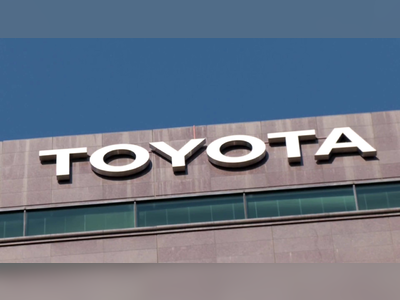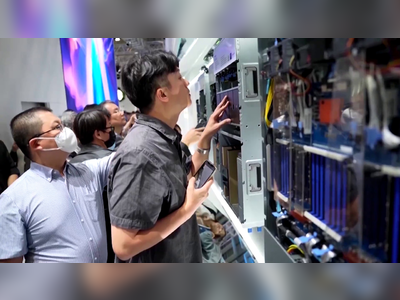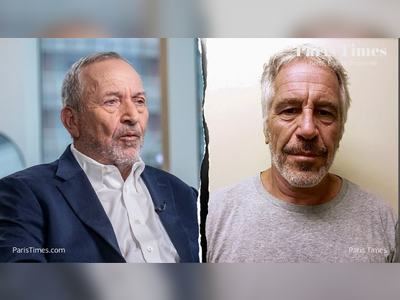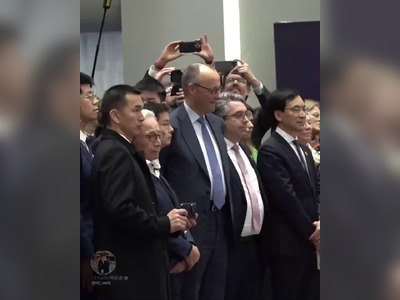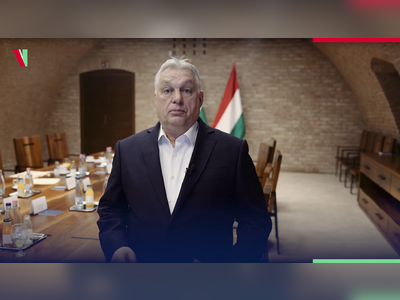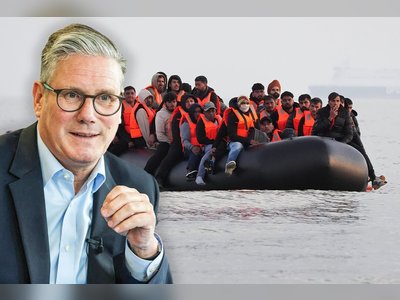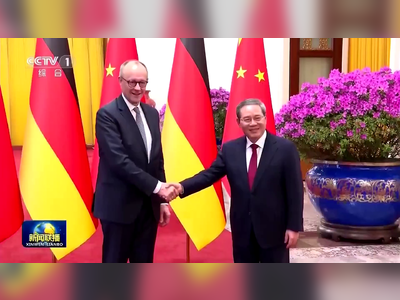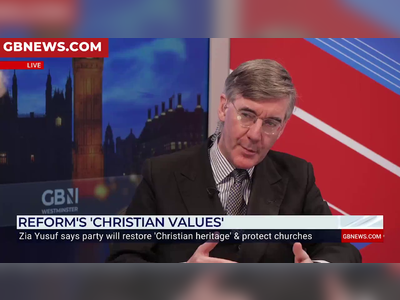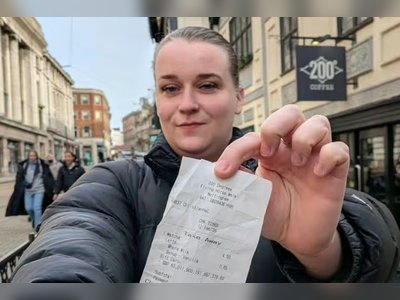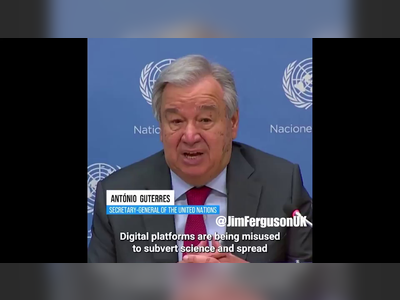Rising Unrest in Turkey as Protests Lead to Arrests of Journalists and Demonstrators
Authorities detain over 1,400 individuals amid widespread protests following the arrest of Istanbul's mayor.
In Turkey, authorities have reported the arrest of 1,418 individuals accused of participating in banned protests since March 19. This wave of unrest marks the most significant challenge to the government since the Gezi Park protests that originated in Istanbul's Taksim Square in 2013.
Amid increasing tensions, an Istanbul court has ordered the provisional detention of seven Turkish journalists, including a photographer from Agence France-Presse (AFP), on charges related to participating in protests that have been prohibited in three of Turkey’s largest cities since the previous week.
The detained AFP photographer, Yasin Akgül, contends that he was merely covering the event in question.
Fabrice Fries, the CEO of AFP, has called on the Turkish authorities for the swift release of Akgül, asserting that he was not participating in the protests but rather reporting on them, stating, "Yasin Akgül was not protesting, he was covering as a journalist one of the many gatherings organized across the country."
The international organization Reporters Without Borders described the decision as "scandalous" and indicative of a grave situation unfolding in Turkey, noting that this is the first instance where journalists have been detained while fulfilling their professional duties under the new law targeting gatherings.
As of Tuesday, a total of 979 demonstrators remain in custody, with 478 individuals having been charged and brought before courts, according to Turkish Interior Minister Ali Yerlikaya.
The unrest has been sparked by the arrest of Ekrem İmamoğlu, the mayor of Istanbul, who faces corruption charges, which he denies.
In response to ongoing protests, the Ankara governorship extended a ban on demonstrations until April 1, while a similar restriction in Izmir, Turkey's third-largest city and a stronghold of the opposition, will last until March 29. In Istanbul, the ban has been in place for six days, yet thousands of individuals continue to protest nightly outside the municipal building.
On Tuesday evening, thousands of students marched from a park in European Istanbul, with many covering their faces with scarves or masks to avoid identification by police.
One student expressed fear of police repercussions, stating, "Of course, I’m afraid of the police."
Özgür Özel, the leader of the main opposition party, the Republican People's Party (CHP), which İmamoğlu represents, has called for further rallies in front of the city hall.
The protests, which have been triggered by İmamoğlu's arrest, reportedly occurred in at least 55 of Turkey's 81 provinces last week.
Özel described the situation as a fight against "fascism" and visited İmamoğlu and his 48 co-defendants, including two district mayors and fellow CHP members, who were also officially removed from office.
After the prison visit, Özel likened those incarcerated to "lions," asserting, "They stand tall, their heads held high."
The Council of Europe condemned the "disproportionate use of force" by authorities during the protests and has urged Turkish officials to adhere to their human rights obligations.
The United Nations has also expressed serious concern over the arrests occurring within the country.
In a move to protest against the government, the CHP has urged a boycott of several Turkish brands perceived to be aligned with the ruling party, including a well-known coffee chain, with Özel stating, "We can make coffee ourselves."
President Recep Tayyip Erdoğan addressed the opposition in a televised speech, urging them to "stop disturbing the peace of our citizens with provocations."
The situation in Turkey continues to evolve as demonstrations grow, reflecting significant public discontent with government actions.
Amid increasing tensions, an Istanbul court has ordered the provisional detention of seven Turkish journalists, including a photographer from Agence France-Presse (AFP), on charges related to participating in protests that have been prohibited in three of Turkey’s largest cities since the previous week.
The detained AFP photographer, Yasin Akgül, contends that he was merely covering the event in question.
Fabrice Fries, the CEO of AFP, has called on the Turkish authorities for the swift release of Akgül, asserting that he was not participating in the protests but rather reporting on them, stating, "Yasin Akgül was not protesting, he was covering as a journalist one of the many gatherings organized across the country."
The international organization Reporters Without Borders described the decision as "scandalous" and indicative of a grave situation unfolding in Turkey, noting that this is the first instance where journalists have been detained while fulfilling their professional duties under the new law targeting gatherings.
As of Tuesday, a total of 979 demonstrators remain in custody, with 478 individuals having been charged and brought before courts, according to Turkish Interior Minister Ali Yerlikaya.
The unrest has been sparked by the arrest of Ekrem İmamoğlu, the mayor of Istanbul, who faces corruption charges, which he denies.
In response to ongoing protests, the Ankara governorship extended a ban on demonstrations until April 1, while a similar restriction in Izmir, Turkey's third-largest city and a stronghold of the opposition, will last until March 29. In Istanbul, the ban has been in place for six days, yet thousands of individuals continue to protest nightly outside the municipal building.
On Tuesday evening, thousands of students marched from a park in European Istanbul, with many covering their faces with scarves or masks to avoid identification by police.
One student expressed fear of police repercussions, stating, "Of course, I’m afraid of the police."
Özgür Özel, the leader of the main opposition party, the Republican People's Party (CHP), which İmamoğlu represents, has called for further rallies in front of the city hall.
The protests, which have been triggered by İmamoğlu's arrest, reportedly occurred in at least 55 of Turkey's 81 provinces last week.
Özel described the situation as a fight against "fascism" and visited İmamoğlu and his 48 co-defendants, including two district mayors and fellow CHP members, who were also officially removed from office.
After the prison visit, Özel likened those incarcerated to "lions," asserting, "They stand tall, their heads held high."
The Council of Europe condemned the "disproportionate use of force" by authorities during the protests and has urged Turkish officials to adhere to their human rights obligations.
The United Nations has also expressed serious concern over the arrests occurring within the country.
In a move to protest against the government, the CHP has urged a boycott of several Turkish brands perceived to be aligned with the ruling party, including a well-known coffee chain, with Özel stating, "We can make coffee ourselves."
President Recep Tayyip Erdoğan addressed the opposition in a televised speech, urging them to "stop disturbing the peace of our citizens with provocations."
The situation in Turkey continues to evolve as demonstrations grow, reflecting significant public discontent with government actions.
